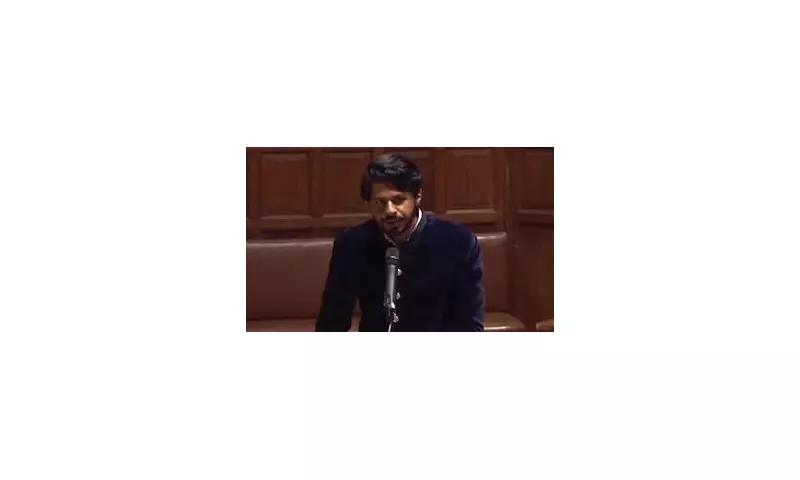
In a dramatic showdown that tested the limits of free speech on campus, Oxford Union President Luke Tryl has narrowly survived a vote of no confidence following the controversial hosting of American right-wing commentator Charlie Kirk.
The Battle Over Campus Discourse
The prestigious debating society became the epicentre of a heated free speech debate after Mr Tryl invited Mr Kirk, founder of Turning Point USA, to speak at the Union. The decision sparked immediate backlash from students and fellows who objected to the speaker's views on various social and political issues.
During a tense three-hour emergency meeting, Union members engaged in passionate arguments about the boundaries of acceptable discourse and the society's commitment to hosting diverse viewpoints.
A Close Call for the President
The no-confidence motion ultimately failed, but not without revealing significant divisions within the 200-year-old institution. Supporters of Mr Tryl argued that the Union has a long tradition of hosting controversial speakers from across the political spectrum, while opponents claimed some views should not be platformed regardless of free speech principles.
One student representative dramatically declared during the debate: "We cannot claim to be a bastion of free speech while platforming speakers whose views actively harm marginalised communities."
Historical Context and Precedent
The Oxford Union has previously hosted numerous controversial figures throughout its history, including former UKIP leader Nigel Farage and Holocaust denier David Irving. However, the Charlie Kirk invitation appears to have struck a particular nerve with the current student body.
Mr Tryl defended his decision, stating: "The Union has always been a place where difficult conversations happen. Shutting down voices we disagree with sets a dangerous precedent for intellectual discourse."
What This Means for Campus Politics
The failed no-confidence vote represents a significant victory for those advocating for broader free speech protections within university settings. However, the close nature of the decision suggests ongoing tensions about how prestigious institutions should balance free expression with protecting vulnerable student communities.
The aftermath of this controversy is likely to influence future decisions about speaker invitations and may set new precedents for how student unions across the UK navigate similar challenges.





